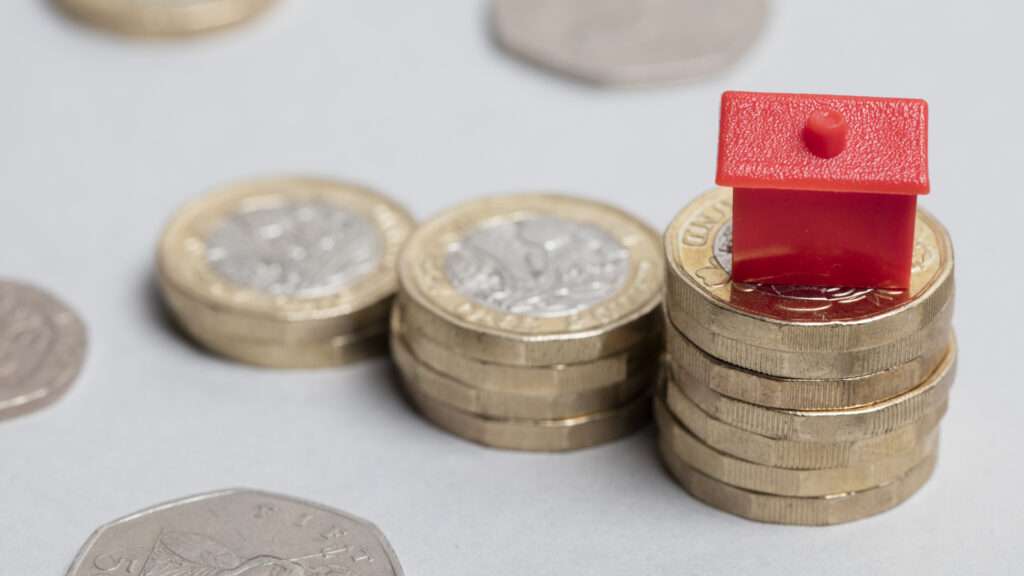
There’s a close to zero percent chance you won’t have heard this news already, given the coverage it received, but just in case you’re only just recovering from a prolonged period of unconsciousness, there was confirmation recently that Pfizer’s Coronavirus vaccine is at least 90% effective.
By any stretch that’s enormous news, and with AstraZeneca expected to report data from their vaccine any time soon, we could soon be looking at a worldwide vaccination programme the likes the world has never seen before.
It’s difficult not to feel a little overwhelmed and inspired by the pure force of human ingenuity that, in less than a year, we seem to have developed a vaccine to end a worldwide pandemic in less than 12 months.
For a little context, the previous record was 4 years which was for the still widely used mumps vaccine developed by a biomedical scientist named Maurice Hilleman. To imagine that medical science has come so far that, with the collaboration of millions, we have managed to achieve this will surely rank amongst the greatest achievements in human history.
We’re cautious to avoid hyperbole, but given the year that’s preceded us, we hope that you’ll forgive us a slightly celebratory introduction in the circumstances.
That’s not to say that there isn’t a long way to go before we achieve normality, of course, but that feels an awful lot closer now. There is the question of logistics, delivery, acceptance and the passing of regulatory process, but things are looking good.
That message seems to have filtered through to markets, too, with the FTSE 100 and Dow Jones exploding after the news, not least within the leisure sector in the UK.
Economic recovery on the cards
This has been one of the most dramatic and pronounced economic shocks in human history, and whilst there has been a distinctly gloomy and almost nihilistic tone amongst mainstream commentators, we’ve always maintained that economic demand didn’t disappear, the virus paused it.
That seems apparent now in the latest quarterly figures for the UK economy, with Guardian economics editor Larry Elliot commenting ‘Britain’s economy grew at a record quarterly rate of more than 15% as lockdown restrictions were eased in the summer. The ONS said that while the economy had now expanded for five months in a row, the pace of recovery had decelerated.’
Meanwhile, on the FTSE 100, The Guardian also reported that ‘The London stock market is heading for its best week since April amid rising hopes that a coronavirus vaccine can trigger a faster economic revival from the pandemic than first anticipated.
The FTSE 100 index of leading UK company shares is on track to end the week more than 300 points higher, a rise of almost 7%’
In a nutshell then, things seem to have perked up somewhat.
UK Property
In the meantime, UK property has been ticking along quite nicely. Across the pandemic there was some understandable slowing in growth, sales and yields but counter to common wisdom at the time, things never once actually dropped or shrank.
During the current circumstances, that’s pretty remarkable, but what really stands out as an indicator of just how strong things stand in the market right now, ‘UK house prices rose at the fastest annual rate in more than four years in October’, according to The Guardian.
It would seem that despite the current situation, the UK property market may well be on its way to having one of its best years in decades. That, we think, speaks absolutely volumes for the strength of the market, and if that doesn’t tickle your fancy right now then you might be in the wrong game.